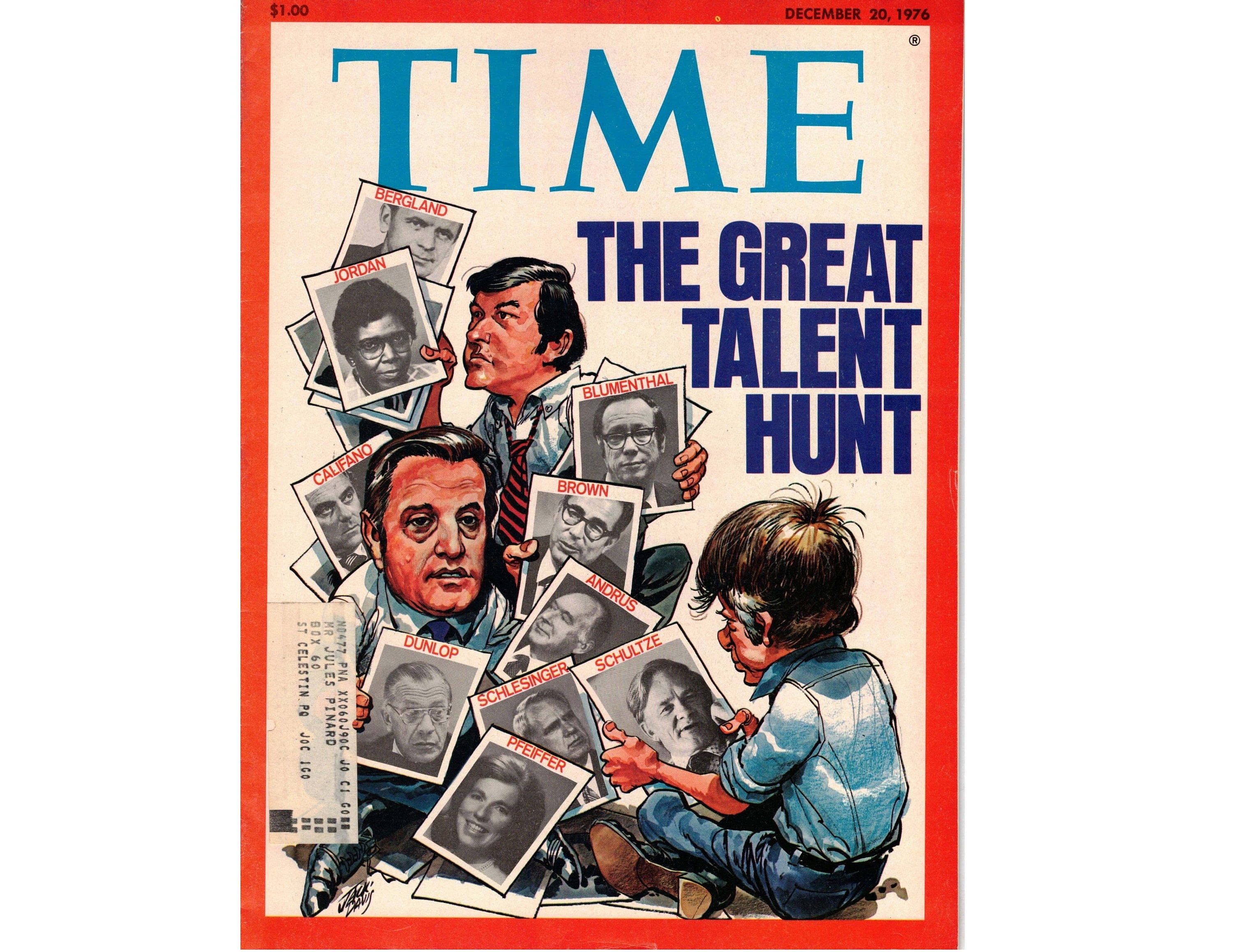

During the Chinese Civil War between the Kuomintang (KMT) and the CCP, Mao helped to found the Chinese Workers' and Peasants' Red Army, led the Jiangxi Soviet's radical land policies, and ultimately became head of the CCP during the Long March. He later adopted Marxism–Leninism while working at Peking University as a librarian and became a founding member of the Chinese Communist Party (CCP), leading the Autumn Harvest Uprising in 1927. He supported Chinese nationalism and had an anti-imperialist outlook early in his life, and was particularly influenced by the events of the Xinhai Revolution of 1911 and May Fourth Movement of 1919. Mao was the son of a prosperous peasant in Shaoshan, Hunan.

Ideologically a Marxist–Leninist, his theories, military strategies, and political policies are collectively known as Maoism. Mao Zedong (Decem– September 9, 1976), also known as Chairman Mao, was a Chinese communist revolutionary who was the founder of the People's Republic of China (PRC), which he ruled as the chairman of the Chinese Communist Party from the establishment of the PRC in 1949 until his death in 1976.


 0 kommentar(er)
0 kommentar(er)
